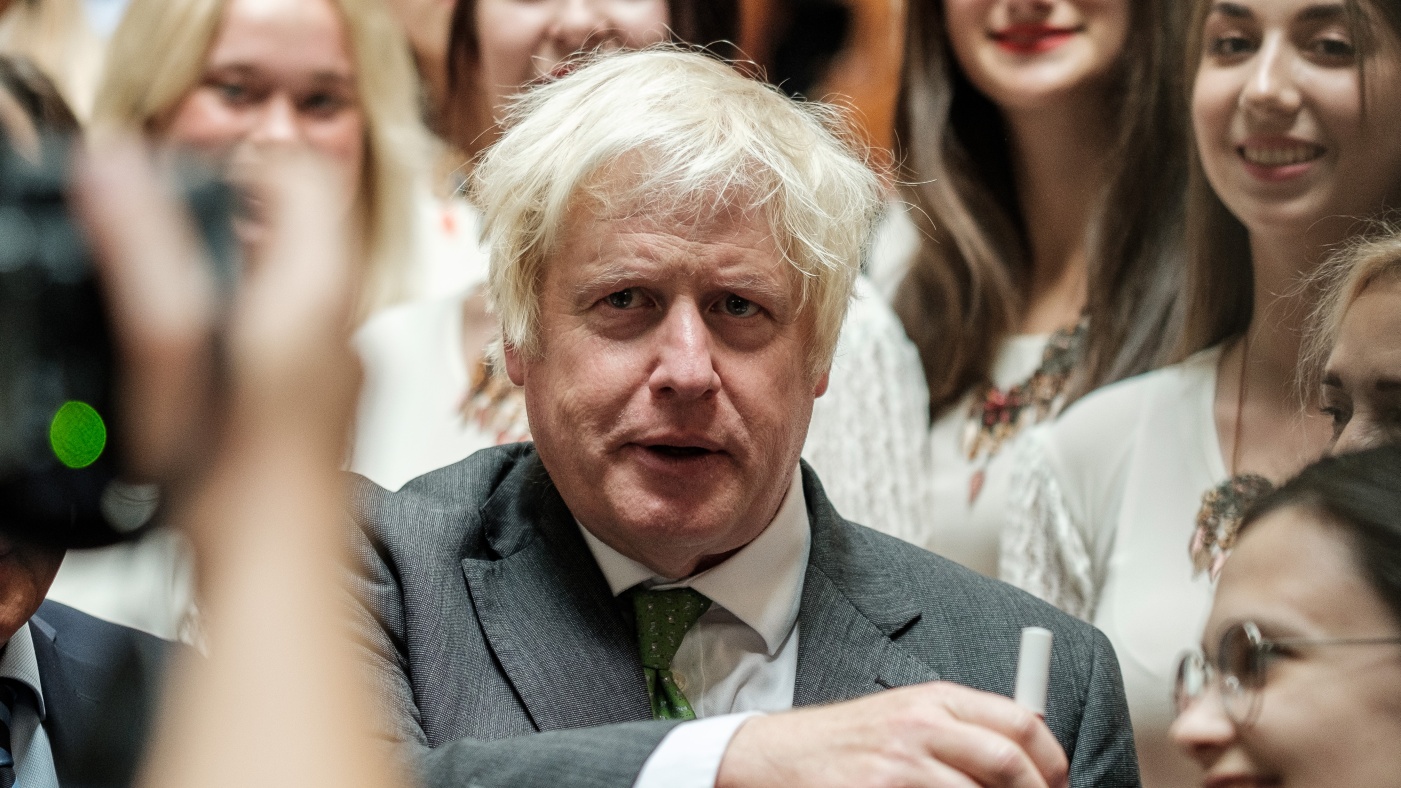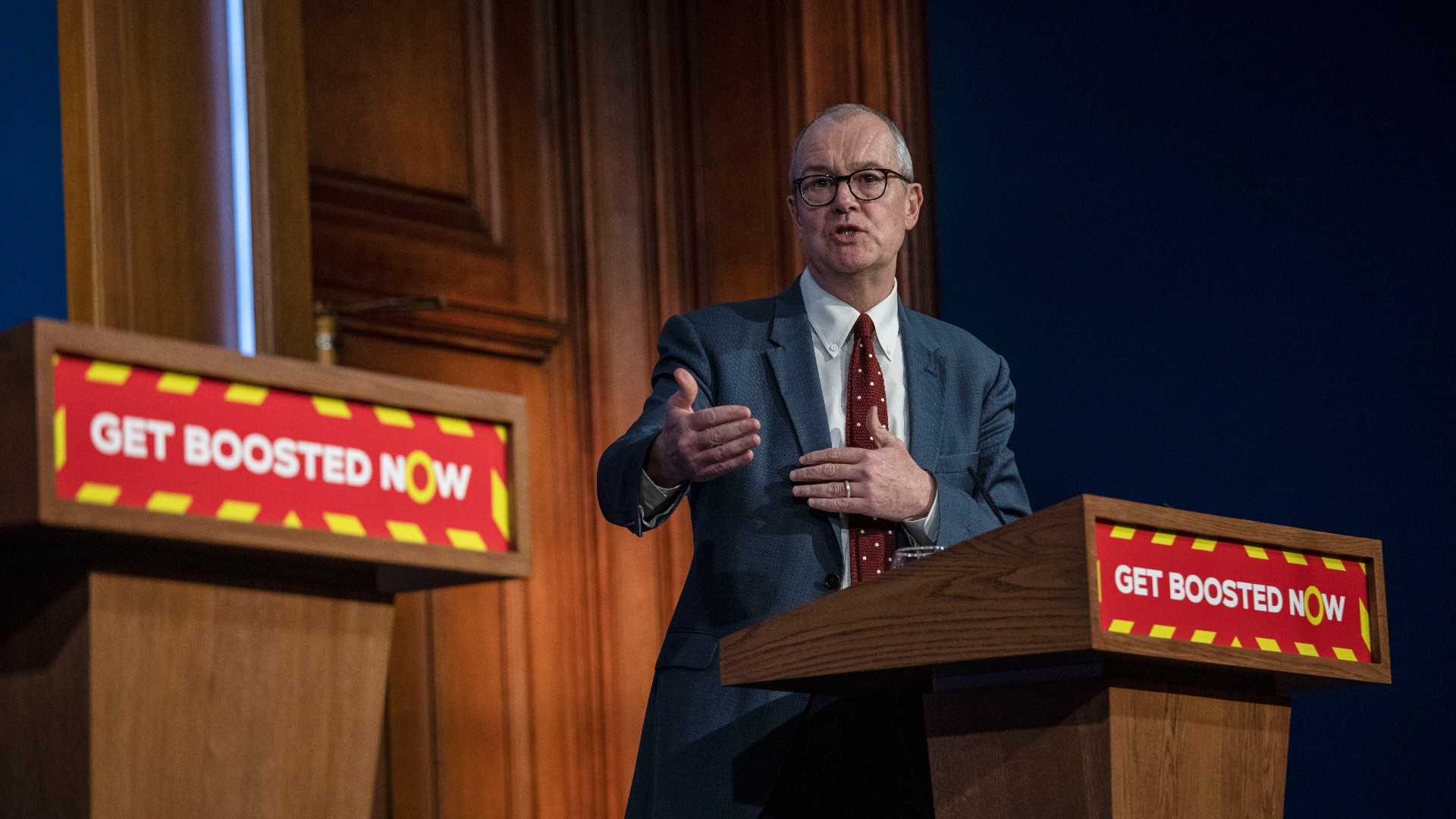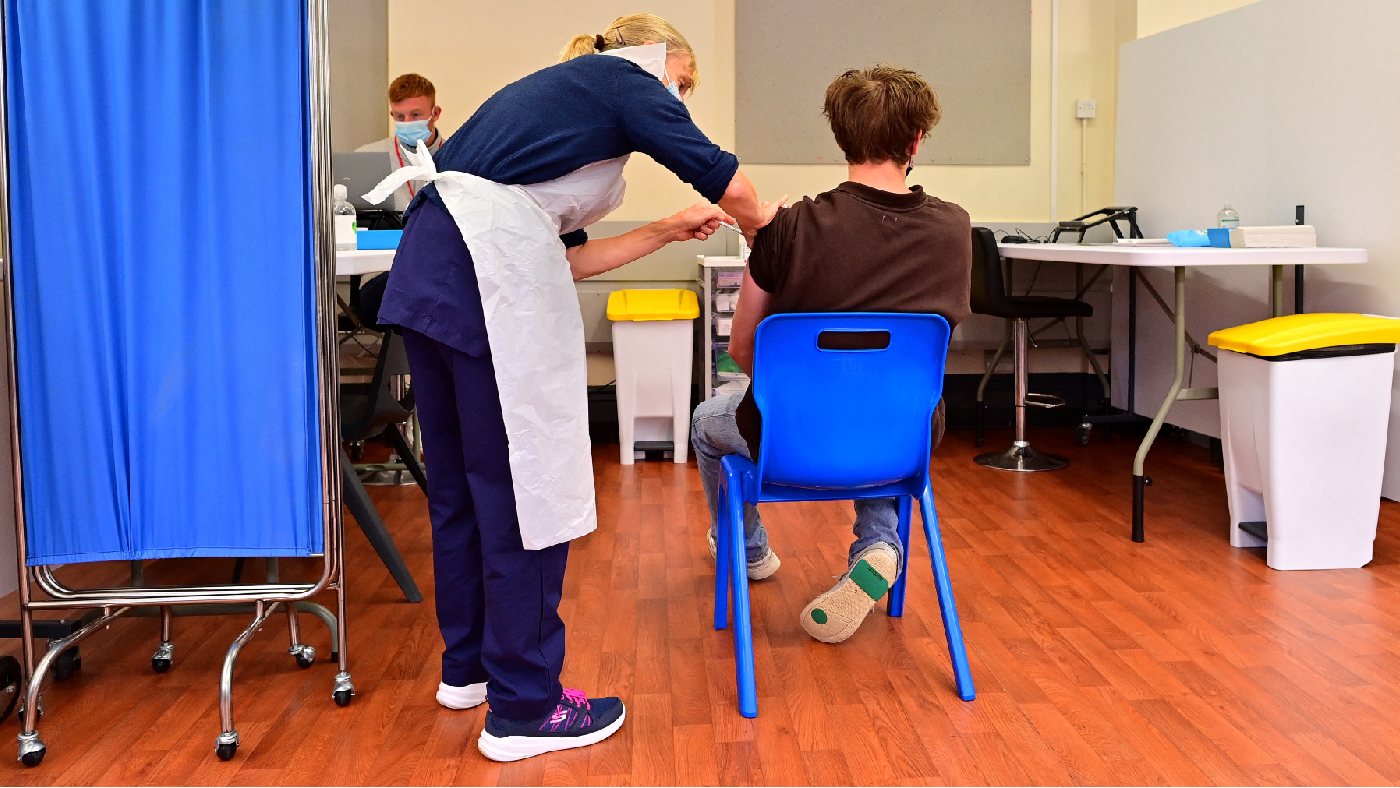Coronavirus: five key points from government’s ‘battle plan’
Emergency response could see NHS operations cancelled and the Army called in to maintain law and order

A free daily email with the biggest news stories of the day – and the best features from TheWeek.com
You are now subscribed
Your newsletter sign-up was successful
The UK government has published its so-called “battle plan” for tackling a mass coronavirus outbreak in the UK.
Launching the 28-page document at Downing Street on Tuesday morning, Boris Johnson said his government was making “every possible preparation” for an epidemic that experts say could see 80% of the public infected in a worst-case scenario.
At a news conference attended by England’s Chief Scientific Adviser Sir Patrick Vallance, the prime minister said he was committed to doing “everything possible” to “prepare for all eventualities”. The action plan document states that “we are all susceptible to catching this disease” and that “there could well be an increase in deaths”.
The Week
Escape your echo chamber. Get the facts behind the news, plus analysis from multiple perspectives.

Sign up for The Week's Free Newsletters
From our morning news briefing to a weekly Good News Newsletter, get the best of The Week delivered directly to your inbox.
From our morning news briefing to a weekly Good News Newsletter, get the best of The Week delivered directly to your inbox.
So what are the government’s five key tactics to try to keep citizens safe?
Contain, Delay, Research, Mitigate
The Government has divided up its response to the coronavirus outbreak into four separate phases: containment, delay, research and mitigation.
The first phase will see the authorities and NHS attempt to “detect early cases, follow up close contacts” and “prevent the disease taking hold in this country for as long as is reasonably possible”, before “slow[ing] the spread in this country, if it does take hold”, says the newly published plan.
A free daily email with the biggest news stories of the day – and the best features from TheWeek.com
If the number of cases increases significantly, the Government will boost its research efforts in order to “better understand the virus and the actions that will lessen its effect on the UK population” and take steps to “innovate responses including diagnostics, drugs and vaccines”.
People who are already ill will be provided with the “best care possible”, and hospitals will be supported “to maintain essential services” and ensure “ongoing support for people ill in the community to minimise the overall impact of the disease on society, public services and on the economy”.
NHS changes
The plan suggests that as many as 30 hospitals across the UK could set up designated wards to treat coronavirus patients, with routine treatments cancelled in the worst-case scenario of a mass outbreak.
According to the report, hospital discharges may be monitored going forward in order to free up the required number of beds, with appropriate care in people's homes.
“We will make sure the NHS gets all the support it needs,” Johnson said. “Our country remains extremely well prepared as it has been since the outbreak began several months ago.”
Army intervention
The Times reports that the Government believes police “may only be able to deal with the most serious crimes and public order because so many officers will be sick”.
That scenario could see the Armed Forces called in “to provide support to civil authorities”, says the government plan.
“The Army is of course always ready to backfill as and when, but that is under a reasonable worst-case scenario,” Johnson said.
–––––––––––––––––––––––––––––––For a round-up of the most important stories from around the world - and a concise, refreshing and balanced take on the week’s news agenda - try The Week magazine. Start your trial subscription today –––––––––––––––––––––––––––––––
Tax mitigation
Amid growing fears about the effect of the outbreak on the economy, the Government also proposes giving business owners leeway on submitting their taxes if their companies are hit by the outbreak.
“For businesses facing short-term cash-flow issues (for example, as the result of subdued demand), an effective mitigation already exists in HMRC's Time To Pay system,” the plan says. “This is offered on a case-by-case basis if a firm or individual contacts HMRC about falling behind on their tax.”
Up to a fifth of the UK workforce could potentially off sick during the peak, the report adds.
Social distancing
In a worst-case scenario where millions appear to be at risk of infection, the government would seek to reduce contact between people as part of a so-called “social-distancing” strategy.
This could include enforcing school closures, encouraging more home working and reducing the number of large-scale gatherings - policies that have already been undertaken in other countries including Italy, South Korea and China.
A bill that would allow the Government to use extra powers to help control the virus is expected to go through Parliament by the end of the month, the BBC reports.
-
 The Week contest: AI bellyaching
The Week contest: AI bellyachingPuzzles and Quizzes
-
 Political cartoons for February 18
Political cartoons for February 18Cartoons Wednesday’s political cartoons include the DOW, human replacement, and more
-
 The best music tours to book in 2026
The best music tours to book in 2026The Week Recommends Must-see live shows to catch this year from Lily Allen to Florence + The Machine
-
 The new Stratus Covid strain – and why it’s on the rise
The new Stratus Covid strain – and why it’s on the riseThe Explainer ‘No evidence’ new variant is more dangerous or that vaccines won’t work against it, say UK health experts
-
 Covid-19: what to know about UK's new Juno and Pirola variants
Covid-19: what to know about UK's new Juno and Pirola variantsin depth Rapidly spreading new JN.1 strain is 'yet another reminder that the pandemic is far from over'
-
 Covid inquiry: the most important questions for Boris Johnson
Covid inquiry: the most important questions for Boris JohnsonTalking Point Former PM has faced weeks of heavy criticism from former colleagues at the public hearing
-
 Vallance diaries: Boris Johnson 'bamboozled' by Covid science
Vallance diaries: Boris Johnson 'bamboozled' by Covid scienceSpeed Read Then PM struggled to get his head around key terms and stats, chief scientific advisor claims
-
 Covid inquiry: can it bring about meaningful change?
Covid inquiry: can it bring about meaningful change?Today's Big Question Bereaved families demand answers as public hearings examining almost every aspect of the British state get underway
-
 Good health news: seven surprising medical discoveries made in 2023
Good health news: seven surprising medical discoveries made in 2023In Depth A fingerprint test for cancer, a menopause patch and the shocking impacts of body odour are just a few of the developments made this year
-
 How serious a threat is new Omicron Covid variant XBB.1.5?
How serious a threat is new Omicron Covid variant XBB.1.5?feature The so-called Kraken strain can bind more tightly to ‘the doors the virus uses to enter our cells’
-
 Will new ‘bivalent booster’ head off a winter Covid wave?
Will new ‘bivalent booster’ head off a winter Covid wave?Today's Big Question The jab combines the original form of the Covid vaccine with a version tailored for Omicron